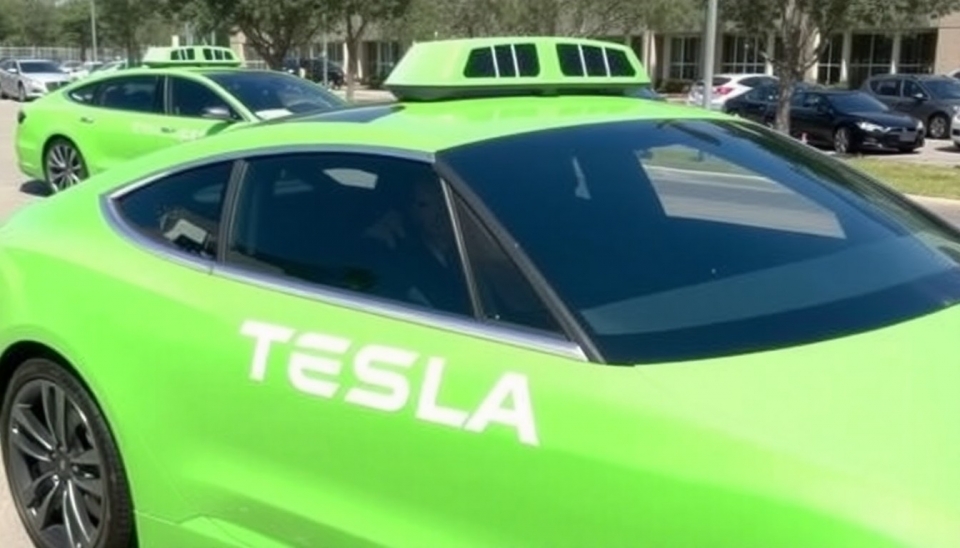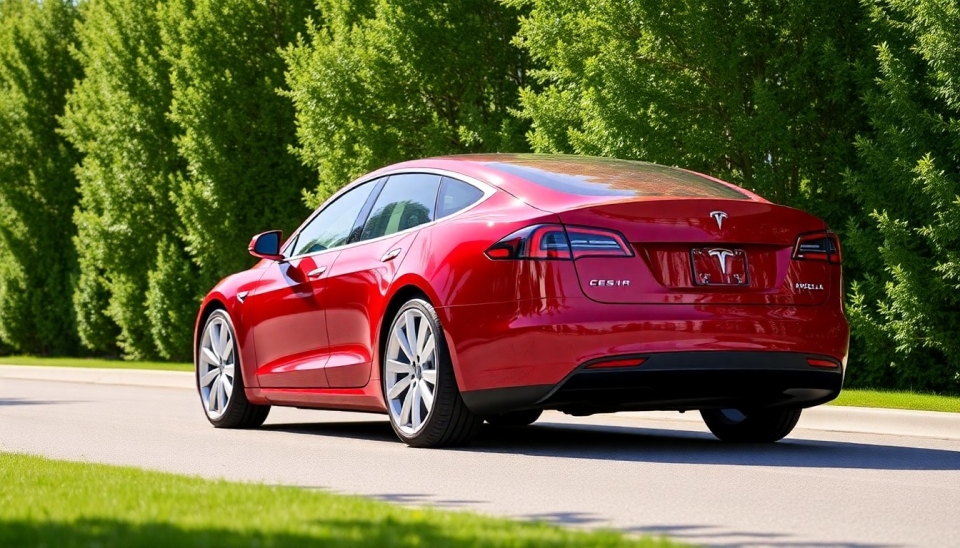
In a surprising twist to the tech landscape, billionaire entrepreneur Elon Musk has made headlines by offering a staggering $97.4 billion to gain control of OpenAI, a leading artificial intelligence research organization. This development comes amid growing scrutiny over the implications of AI technology in various sectors, with Musk laying claims to the necessity of responsible management of such potent innovations.
Musk's bid, reported by the Wall Street Journal, underscores the increasing competition in the AI field, where firms are racing to leverage advanced machine learning technologies while addressing ethical concerns tied to their applications. Musk's propositions signal a potent combination of ambition and caution, as he envisions a future where AI capabilities are channeled for the greater good, rather than unchecked advancement for profit alone.
OpenAI, known for developing transformative AI models such as GPT-3 and advancements in machine learning frameworks, has been a focal point in discussions regarding AI governance and the potential repercussions of sophisticated AI tools. Musk, who was instrumental in founding OpenAI in 2015, has repeatedly voiced concerns about the perils of unregulated AI development, advocating for a more transparent and ethical approach to AI research and deployment.
The recent proposal is indicative of Musk's strategy to position himself at the forefront of AI control, following a notable exit from the organization in 2018 due to perceived conflicts of interest with his other ventures, particularly Tesla and SpaceX. The offer challenges current leadership and funding structures of OpenAI, hinting at a possible merger or partnership that could reshape the organization's goals and trajectory.
This proposal arrives as AI technologies continue to proliferate across industries—from healthcare to finance—and as corporate entities seek ways to harness these advancements while mitigating risks. Musk’s ambition aligns with his overarching vision for a future that emphasizes the necessity of safe and reliable AI systems, which he believes should be supervised by entities motivated by ethics rather than pure profit. Through this bid, he seeks to reinforce OpenAI's mission of developing AI that benefits humanity as a whole.
Stakeholders within the tech community are watching this situation closely, as it presents implications not only for OpenAI but also for the broader AI landscape. Analysts speculate that Musk’s offer could catalyze a re-evaluation of corporate governance around AI and push other companies in the sector to consider the ethical dimensions of their technological advancements more seriously.
As the negotiations unfold and the details of this bold proposal surface, the tech world anticipates potential shifts in both market competition and public discourse surrounding the future of artificial intelligence. The response from OpenAI and industry leaders will be crucial to determining how this landscape evolves in light of Musk's very public and ambitious attempt to reclaim a significant role in guiding the development of AI technologies.
With Musk's history of influencing tech culture and steering innovation, his offer undoubtedly opens the floor for further discussions regarding AI’s role in society and its governance. It is a pivotal moment that may redefine how artificial intelligence is developed, understood, and regulated.
#ElonMusk #OpenAI #ArtificialIntelligence #TechNews #Innovation #AIethics #BillionDollarOffer #FutureOfAI
Author: John Miller




